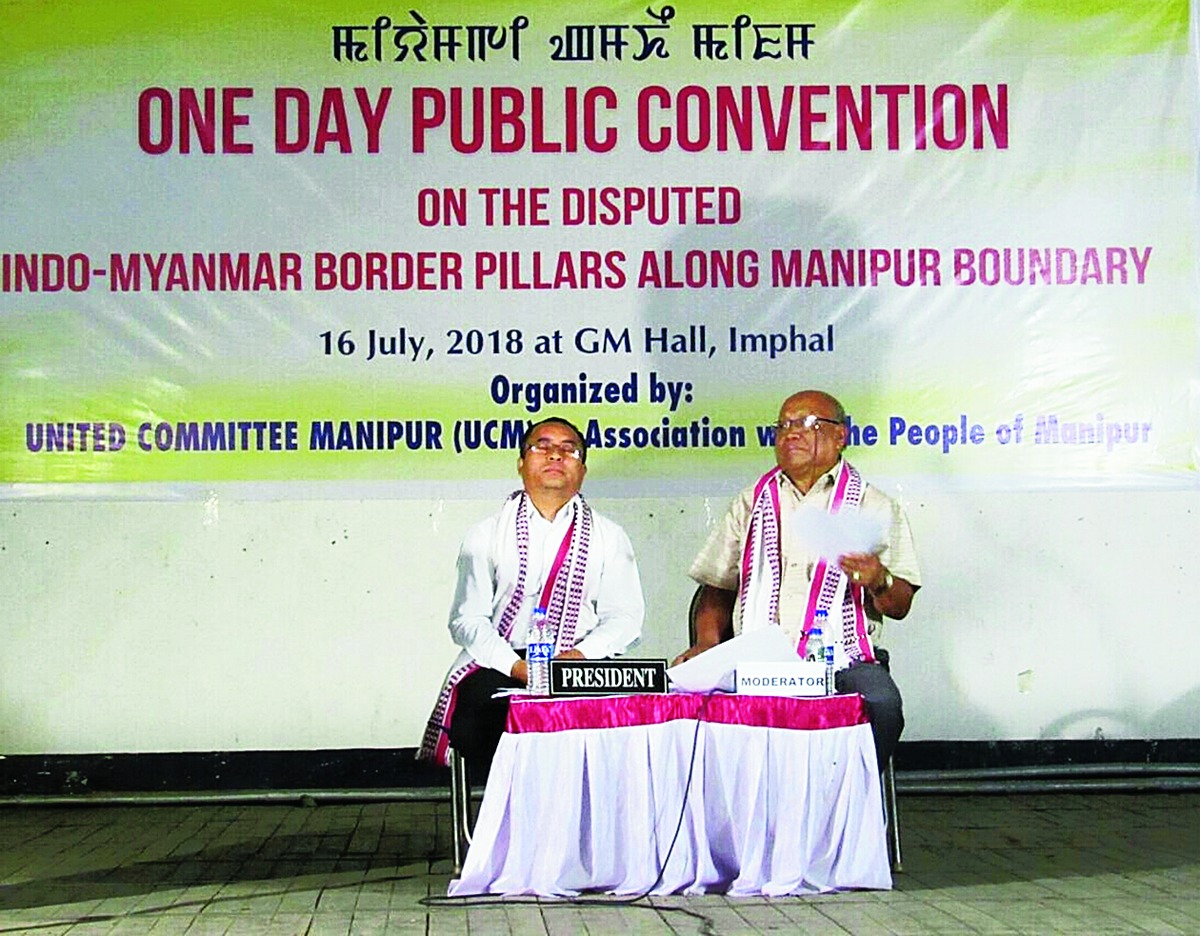
Guwahati, June 16: Trade at Moreh will come to a halt within a year because of significant exodus of traders from the Manipur border town to Mizoram, a study has warned.
The study, Enhancing India-Myanmar Border Trade: Policy and Implementation by Union ministry of commerce and industry and Research and Information System for Developing Countries (RIS), was released by Union commerce secretary Rita Teaotia in New Delhi yesterday.
"A significant exodus of traders from Moreh to Mizoram has already taken place and within one year, trade via Moreh will cease to exist. In the absence of prompt action, employment and state's revenue would be lost, with unemployment having direct bearing on increase in insurgency," it says.
According to the study, Moreh is in a state of "economic" and "absolute" emergency.
The author, Ram Upendra Das, an economist and professor at RIS, told The Telegraph, "It is in a state of economic emergency, meaning economic activities at Moreh are on a rapid decline. It is also absolute as there appears to be no other similar example on the India-Myanmar border.
The study says the situation in Moreh needs immediate attention if this border area, along with other border regions, is to remain a gateway to Myanmar and the Southeast Asian region. It provides a detailed analysis for enhancing trade through land borders between India and Myanmar, suggests policy measures to achieve these objectives and outlines relevant implementation measures.
The report says infrastructure bottlenecks, rent-seeking behaviour of custom officials and security forces and extortion by insurgents has significantly increased trading cost from Moreh trade point.
"There are three levels of illegal taxes that the traders in Moreh are charged. One is the annual tax, second is the tax on goods and vehicles and third, warehousing and storage charges. All these added to cost makes trade via formal channels inefficient and informal/illegal trade much cheaper. Also, the rates charged vary on a day-to-day basis. These are the reasons that goods coming via formal channels face competition from same products arriving through illegal channels," it says.
Citing an instance of high cost, it says cost of transportation from Moreh to Guwahati is Rs 35 per kg, which includes Rs 15-18 per kg from Moreh to Imphal and Rs 18 from Imphal to Guwahati. Whereas, cost of transportation from Mizoram to Guwahati is Rs 15-18 per kg, despite being farther away from Guwahati than Manipur is. Though Moreh to Guwahati takes two days and Mizoram to Guwahati takes four days, traders are preferring Mizoram because of low costs.
The study suggested a new framework of "peace-creating prosperity" whereby focusing on employment generation in the region could unlock the potential that the region possesses.
"While the obvious narrative has remained where peace precedes prosperity, it may be time that the reverse causality is focused whereby enabling condition for economic prosperity is created through economic integration to achieve peace. It called for treating investment in the border region in the framework of a development zone rather than focussing narrowly on economic corridors. "A holistic plan that includes an investment fund may be prepared for facilitation of wholly-owned subsidiaries and trade creating joint ventures," it said.










